When Dave Fine founded Schmear It six months ago, he was on a mission to “spread some good.”
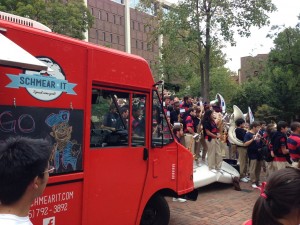
Schmear It in University City (From Schmear It’s website)
Touted as Philadelphia’s first and only bagel food truck, Schmear It is an experiment on wheels in food-meets-social impact—a model based on the social good of brands like TOMS Shoes and the customizable options of chains like Chipotle. Four days a week, Fine—who has a non-profit background—rolls through the city, selling build-to-order spreads (or “schmear”) on South St. Philly bagels while featuring a variety of local causes like The Monster Milers or Challah for Hunger every two weeks.
Since August, Schmear It has raised over $800 from sales for its featured causes—its current one being Repair the World (Facebook page), and in the future, the West Philly Alliance for Children.
“Obviously food trucks in this city are fun, flexible, very useful, [and] they’re exciting, so it made sense for this unique idea to do with a food truck, where it literally can be a vehicle for social good,” Fine, 24, a University of Pennsylvania graduate, told West Philly Local. “That is ultimately the goal of Schmear It: aside from producing really good bagels and schmear, to become a grassroots fundraising and marketing platform for local causes.”
Every Tuesday in February, West Philly bagel lovers can stop by Schmear It at The Porch at 30th Street Station from 7:30 a.m. to 2 p.m. and order their unique combination of schmears and bagel for $3 to $7. Of course there’s the signature mainstays like the Loxsmith (cream cheese, chopped lox, scallions, tomatoes and cucumbers) and Nutty Naner (peanut butter, Nutella and bananas), but adventurous spirits can customize with imagination. Pick a schmear base from cream cheese (vegan available!) to egg salad, and fold in ingredients like maple syrup, wasabi, jalapenos and apples, spreading it all on a bagel of your choice. And you can wash it all down with a cup of La Colombe coffee.
But, while Philadelphia is a booming food truck town, it’s not exactly known as a bagel city, so why launch Schmear It in the first place? According to Fine, it’s precisely because there’s a bagel-sized hole in the city’s heart—especially among us New York City transplants.
“There are a couple of bagel shops here and there [in Philadelphia], but they’re not necessarily convenient,” the Baltimore native said. “There’s certainly not prevalence and for a city that has such a booming food truck culture, why not do a bagel food truck? It sort of made sense to me.”
Editor’s Note: Apart from The Porch at 30th Street Station on Tuesdays you may be able to catch Schmear It around 42nd and Locust for brunch on Sundays and at 33rd and Arch on Saturdays. Since the locations and hours may change, we suggest following Schmear It on Twitter or Facebook.
–Annamarya Scaccia




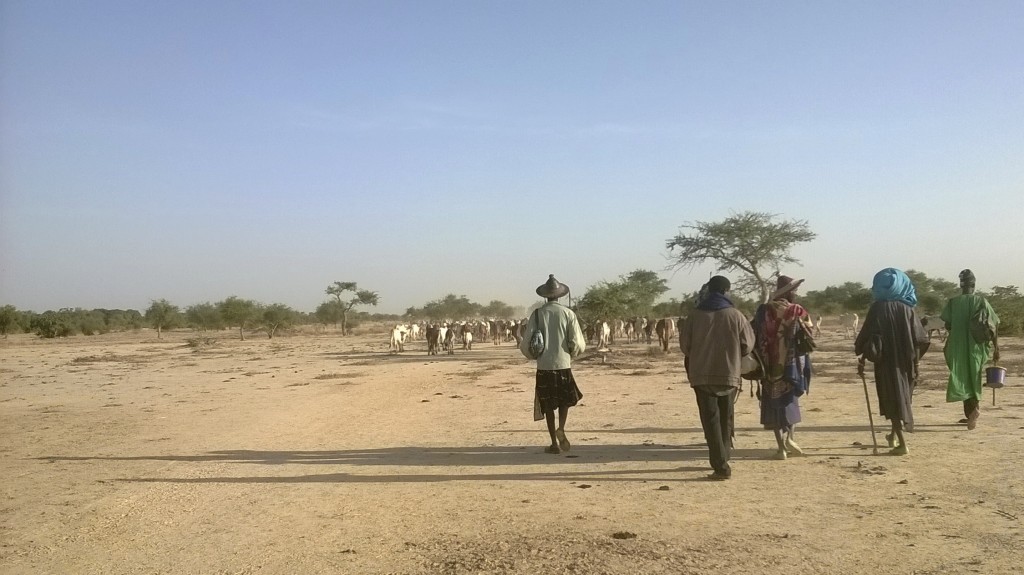
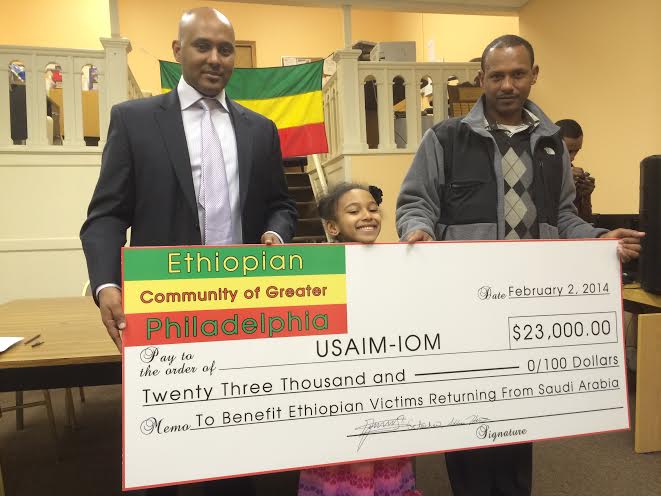
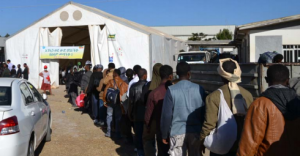
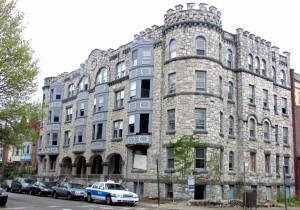
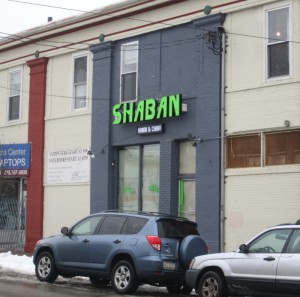
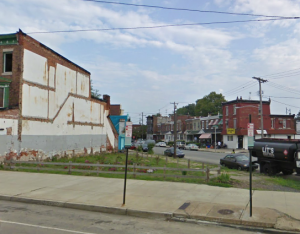
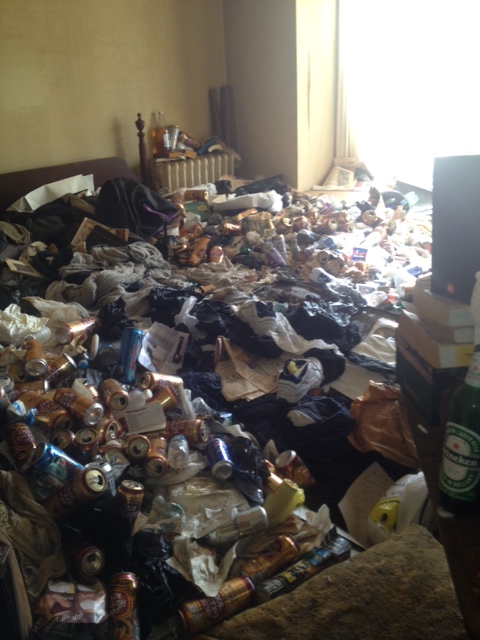

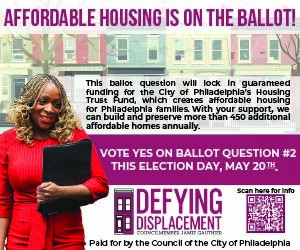
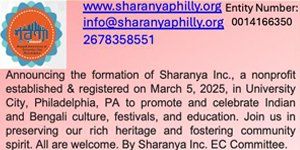



Recent Comments